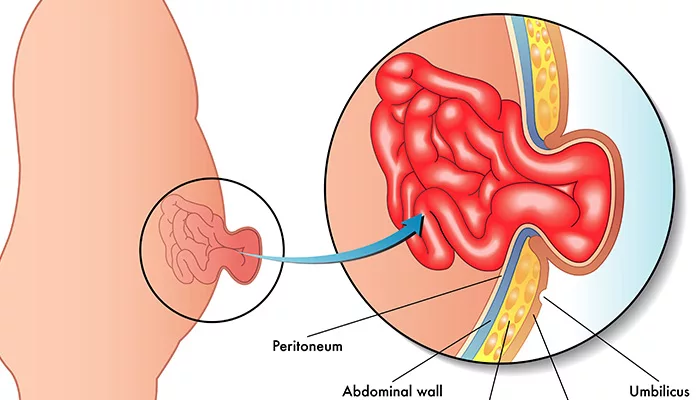Are there any risk associated with Hernia Surgery?
May 30, 2019
A hernia is something that generally doesn’t get better on its own. Rather, usually gets bigger over time and in certain cases, it can even cause some serious complications. That is the reason why hernia surgery is often recommended by doctors. Having said that, not all hernias require treatment. It can vary based on the symptoms and size.
What is a hernia?
When an internal tissue or organ breaks through a muscle hole, it results in a hernia. Herniorrhaphy or hernia repair surgery is a common procedure involved to return the misplaced tissue to its appropriate position.
When do you need hernia surgery?
Hernia symptoms can be painful and irritating but it can take a year or two to be noticeable. These symptoms may only come to notice when performing certain activities like a strenuous exercise. Some factors and symptoms that might indicate the necessity of surgery include:
- Discomfort or pain over a long period of time
- The discomfort or pain interferes with day to day activities
- Rapidly growing hernias
- Large hernias
- The location of the hernia contributing to it being enlarged or worsened. For example, a hernia in the groin
- Vomiting and sharp ache in the abdominal region
- Hernias putting pressure on nerves, causing numbness and irritation
- The symptoms worsen over time.
Sometimes, there aren’t enough symptoms caused by hernia to require medical attention. However, a hernia cannot heal or resolve without surgery. So, the surgical options need to be considered when symptoms do show up.
What is involved in the surgery?
The surgery for repairing a hernia is one of the most common surgeries in the world. The surgical procedure can be helpful in relieving the pain, returning the organs to the right place and strengthening the weak muscle areas. The operation is usually performed over a day and takes an hour to complete. There are two ways of operating hernia:
- Open surgery: Performed with general or local anesthesia, the surgeon makes an approximately 2.5-3-inch incision to the skin near the location of the hernia. Then, the hernia is pushed back into the abdomen. Once that is done, the incision can be stitched closed. Alternatively, the surgeon can place a mesh over the hold and fix the incision with the help of stitches. The weakened area is reinforced when the tissues grow through the mesh and no tension is put on the surrounding tissues.
- Laparoscopic surgery: Also known as keyhole surgery, it involves general anesthesia and makes use of multiple small incisions. In comparison to open surgery, this technique is less invasive in nature, with special equipment like a telescopic camera being used.
If hernia surgery is required, the appropriate option will be recommended by your surgeon depending on your hernia’s severity and location. The kind of surgery used for treating hernia depends on its type, location, and size. Furthermore, your age, health, and lifestyle will also be considered by your doctor.
Risks associated with the surgery
Normally, an operation like this is quite safe in nature. However, as is the case with all surgical procedures, there are certain complications that can arrive while your hernia is removed. These include:
- Clotting of blood: This occurs when there isn’t enough movement over a long period of time because the person is under anesthesia
- Infection: The wound can get infected
- Pain: It is common for the concerned area to be sore while you heal. However, in some cases, chronic pain might be caused that lasts long after the surgery. Open surgeries can cause relatively more pain than laparoscopic procedure.
- Damage to the nerves: There are chances that certain nerves might be damaged due to the procedure. For instance, the staples or stitches can press on nerves. If there is a sharp pain, another procedure might be required.
- Recurrence: There is a possibility of hernias coming back after the surgeries are done.
Recovery
Usually, it takes 2 or three weeks for recovering after hernia surgeries. In most cases, the individual can return to everyday activities within a week’s time. It is recommended not to perform any heavy lifting for a minimum of 6 weeks. Depending on your surgery, the surgeon will advise on what you should and shouldn’t do during the recovery period.
NOTICE BOARD
CONTACT US
CONTACT US
 Book Appointment
Book Appointment


.svg)
.svg)
.svg)
.svg)








